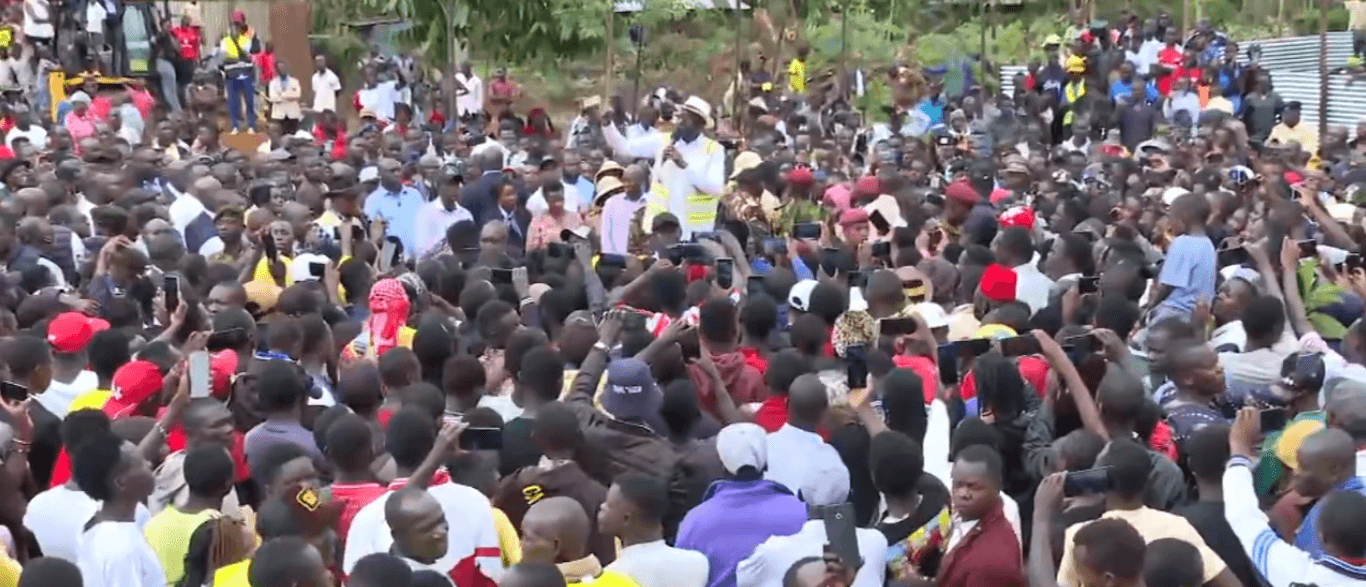Lake Kenyatta, the only freshwater lake in Lamu county, is dying
The Kenya Wildlife Service has started a campaign to save it and its wetlands from intense and often illegal human activity.
“We are doing all we can to ensure that Lake Kenyatta regains its lost glory. Whatever we must do will be done so that this lake lives again," Lamu KWS commander Mathias Mwaita said on Monday.
Environmentalists are urging the government to pass stringent protection laws, and evict encroachers on the lake's catchment zones.
"Human activity is the biggest headache, as well as illegal encroachers who have title deeds for the wetlands. It’s tough but must be done,” Mwavita said.
He said KWS is partnering with environmental organisations to work with the community to stop the destruction of the wetlands.
Mwaita said, however, said the water levels were steadily rising due to the rains that have been pounding the region and KWS was working hard to ensure the situation improves.
Wildlife, fish and other marine animals depend on the lake for survival.
Over 50 boreholes have been sunk in catchment zones and each is 70 metres deep. That tampers with water levels. Government should demarcate the lake so it's easier to protect.
The lake in Mpeketoni, Lamu West, supplies more than 60,000 households.
KWS's Lake Kenyatta Sub-Catchment Plan is meant to protect and revive the lake.
The lake is said to have been 12 kilometres long at one time but has shrunk to less than 7km due to human activity, water abstraction and pollution.
Over the years, water levels have dropped dangerously as people continue to invade the wetlands.
In 2017, the lake dried up completely during a drought, conservationists and residents who rely on it into a panic.
Hippos, buffaloes and birds died, leaving a deathly stench.
Today the plan is to have environmentalists talk to the community and create awareness of the seriousness of the situation and what the future holds of them if the lake dries up," the KWS official said.
Illegal activities that continue to destroy the lake include borehole digging on the banks, overgrazing, illegal sand harvesting and siltation. The lake has never been demarcated making it hard to keep encroachers at bay.
So far, all the lake’s 11 wetlands have been encroached on. Only three in Mirusi, Rumsh and Pangani —all within Mpeketoni —have not dried up. Conservationists say the three are not enough to revive the lake.
Gitu Mwaura of Mpeketoni Environmental Conservation and Beautification Group says grabbers have erected beacons inside the lake itself.
“Over 50 boreholes have been sunk in the catchment zones and each borehole is 70 metres deep. That definitely tampers with the water levels. The government should demarcate the lake so that its easier to protect it,” Mwaura said.
Edited by R.Wamochie











